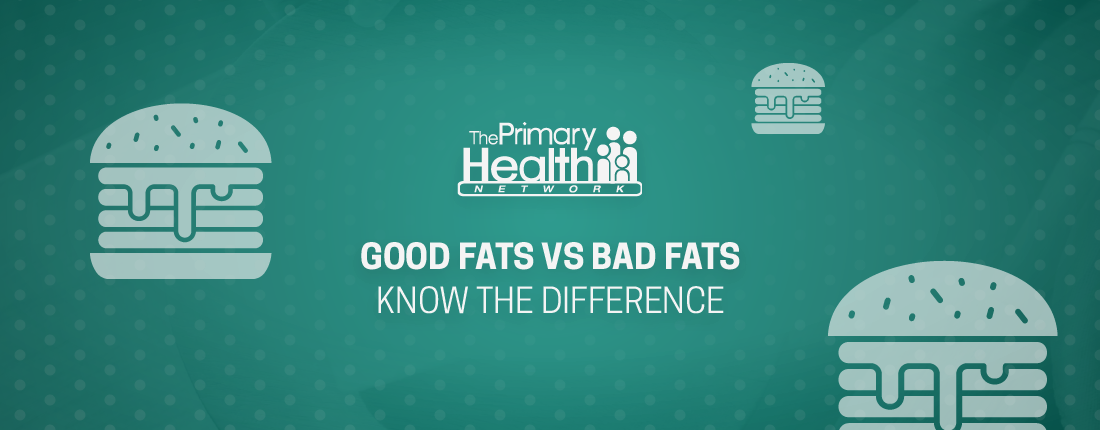Dietary fats generally receive a bad rap when it comes to eating a healthy diet. Some of this is justified because cholesterol, a fat-like substance that resembles fat, and specific forms of fat may contribute to diseases like obesity, diabetes, cancer, and cardiovascular disease. However, not all fats are created equal. Some are healthier for you than others, and some even support good health. Knowing the difference might help you choose fats you can consume in moderation. Although dietary fat research is still early, specific facts are already known.
Foods made from plants and animals can include dietary fat, commonly called fatty acids. While some fats negatively impact heart health, others contain essential health advantages. Although foods and oils have a variety of fatty acids, it is the primary type of fat that determines whether they are healthy. The presence of fat is also necessary for some biological processes. For instance, some vitamins need fat to break down and deliver nutrients to your bloodstream. However, consuming too much fat might result in weight gain due to the extra calories.

What are unhealthy fats?
The two types of unhealthy fats are Saturated and Trans fats. These have the potential to harm your health. Most of the foods that contain these types of fats are solid at room temperature, such as:
- Butter
- Margarine
- Shortening
Trans Fat
Trans fat is both natural and artificial. This type of fat increases your bad cholesterol and lowers your good cholesterol. You should avoid trans fat as often as possible.
Trans fat sources include:
- Commercially baked goods
- Frozen pizzas
- Nondairy Coffee Creamer
- Refrigerated doughs
- Shortening
- Stick Margarine
Saturated Fat
Saturated fat is a type of unhealthy dietary fat that is usually found in animal-based foods. These are often solid at room temperature. When planning your nutrition, eat these fats sparingly.
Saturated fat sources include:
- Cheeses
- Dark chicken meat and poultry skin
- Fatty cuts of beef, pork, and lamb
- High-fat dairy foods
- Lard
- Tropical oils
What are healthy fats?
Mono & Polyunsaturated Fat
Physicians more highly regard monounsaturated and polyunsaturated fats as “heart-healthy” fats. These fats are healthier options for your diet. These types of healthy fats tend to be predominantly liquid at room temperature. Vegetable oil is one illustration. Many foods and oils include this sort of beneficial fat. Consuming meals high in monounsaturated fat has repeatedly demonstrated that it can lower blood cholesterol levels and the risk of cardiovascular disease.
The American Heart Association claims that polyunsaturated oil helps reduce blood cholesterol levels, lowering heart disease risk. Because the body cannot produce polyunsaturated fat, they are referred to as essential fats. The only way to obtain them is through your diet.
Mono & Polyunsaturated Fat sources:
- Nuts
- Vegetable oils
- Peanut butter and almond butter
- Avocado
Omega-3 Fatty Acids
Omega-3 fatty acids, a particular variety of this fat, have been demonstrated to have unique advantages for your heart. They appear to reduce the risk of coronary artery disease and blood pressure and protect against irregular heartbeats.
Omega-3 fatty acids are in the following dietary categories:
- Salmon
- Trout
- Walnuts
- Flaxseed
- Chia Seeds
- Canola Oil
Healthy fats are essential to your diet, but it’s still crucial to moderate your consumption of them because all fats are high in calories. As a result, it’s a good idea to incorporate foods that contain monounsaturated and polyunsaturated fats into your diet. It’s a strategy to help your heart and improve your quality of life.
Learn More With PHN:
Connect with our PHN Blog to learn more health tips and news or visit our Facebook & Instagram to see all the exciting things we are up to.
